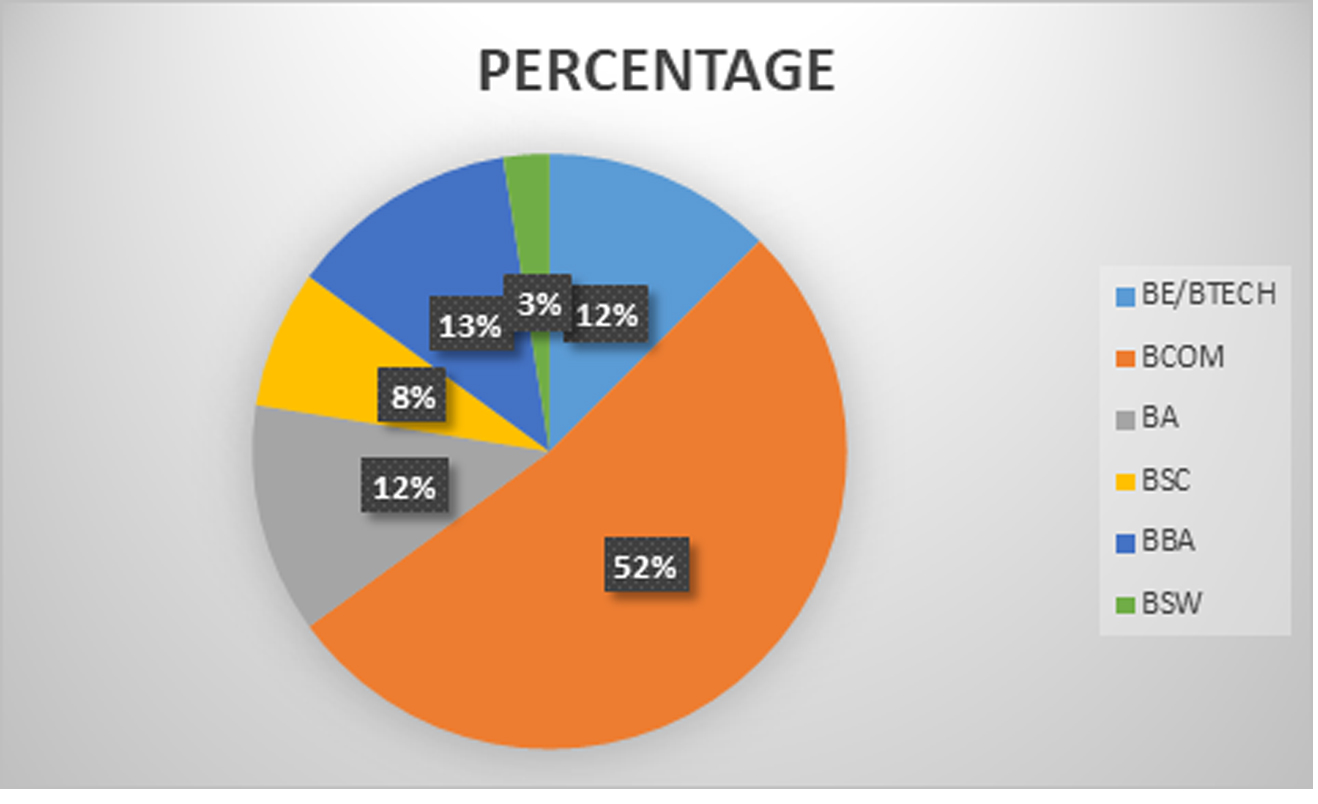MA in HRM

The Master of Arts in Human Resource Management [MA in HRM] is a two-year full-time programme spread over four semesters and a summer internship. The first semester lays the foundation in the fundamentals of management. The second semester lays the foundation in the functional areas of management. The third and fourth semesters focus on in-depth knowledge in Human Resource Management. The MA in HRM programme at RCBS is offered by the School of Management of Rajagiri College of Social Sciences (Autonomous). The University Grants Commission granted autonomous status to Rajagiri College of Social Sciences (RCSS) in the year 2014, with effect from June 1, 2014. The MA in HRM curriculum under the autonomous status is designed by RCSS to enable students to evolve into professionally competent managers, ready for the challenges of any organization.
Objectives of the Department
- To encourage students towards the value anchoredness of Human Resource Management to train and help them to learn experientially and to prepare them effectively for careers in the area of Human Resources Management and its allied fields
- To consistently strive to maintain an environment wherein the students can freely develop their personal and professional skills, through informality, mutual trust, intimacy and industry.
- To arrange programmes and publish books, periodicals, papers and the like for the benefit of Human Resource Management.
- Department of Personnel Management of RCSS under RCBS offer two years full-time MA in HRM.
PROGRAM LEARNING GOALS
- Goal 1: Our Graduates will be able to make effective decisions in business contexts.
- Goal 2: Our graduates will be proficient in oral and written communication.
- Goal 3: Our graduates will possess good interpersonal skills.
- Goal 4: Our graduates will be socially responsible citizens.
PEDAGOGY
The program has a unique pedagogy using the “Rajagiri Immersive Learning Experience” which focuses on
- Conceptual Learning: Classroom learning – Case studies, Lectures, Discussions
- Experiential Engagement: Experiential learning, Outbound programs, Rural camp, Projects, Simulations
- Executive Modelling: Etiquette Training, Personality development programs, Role Plays
- Corporate Competency: Industry internship, Field work projects, Live projects, Research Project
STUDENT PROFILE


